Unni Wikan is professor of social anthropology at the University of Oslo. She is the author of several books, including Behind the Veil in Arabia, Managing Turbulent Hearts, and Generous Betrayal, all published by the University of Chicago Press.
The University of Chicago Press, Chicago 60637
The University of Chicago Press, Ltd., London
2012 by The University of Chicago
All rights reserved. Published 2012.
Printed in the United States of America
21 20 19 18 17 16 15 14 13 12 1 2 3 4 5
ISBN-13: 978-0-226-92446-5 (cloth)
ISBN-13: 978-0-226-92447-2 (paper)
ISBN-13: 978-0-226-92448-9 (e-book)
ISBN-10: 0-226-92446-7 (cloth)
ISBN-10: 0-226-92447-5 (paper)
ISBN-10: 0-226-92448-3 (e-book)
Library of Congress Cataloging-in-Publication Data
Wikan, Unni, 1944
Resonance : beyond the words / Unni Wikan.
p cm
Includes bibliographical references and index.
ISBN 978-0-226-92446-5 (hardcover : alkaline paper) ISBN 978-0-226-92447-2 (pbk. : alkaline paper) ISBN 978-0-226-92448-9 (e-book) (print) 1. EthnologyMethodology. 2. EthnologyPhilosophy. 3. EthnologyFieldwork. I. Title.
GN345.W553 2012
305.8001dc23
2012024216

This paper meets the requirements of ANSI/NISO Z39.481992 (Permanence of Paper).
Preface
A Way in the World
I have been privileged as an anthropologist to live and work in places as diverse as Egypt, Oman, Bali, Bhutan, and Scandinavia. Muslims, Hindus, Buddhists, Christians, and people of no religious affiliation became my friends, and so many of them still remain. For I have kept going back to the places and people I once knew, always wanting a continuity of relations, always wanting to know how they fared.
In Egypt, forty years have connected me with some families in the back streets of Cairo that I have known since August 1969. It was my first fieldwork; I was young and insecure, a godsend to people craving someone sympathetic to their plight and ready to lend them an ear. With characteristic hospitality, they opened homes and hearts to me, bent on protecting this young girl who was bereft of her own family in Egyptfor who can live without a family? I intended my life with them to be as brief as possible, for the physical conditions were more than I could bear: an urban slum with plenty of what nobody wants, to use an apt description of a life in poverty. But since that initial fieldwork of eight months I have kept going back every year but two, sometimes for a month, sometimes for only a week; thus we have become a part of one anothers histories. Just ask Unni, she knows, they may say when needing a witness to their stories; we have been friends for... It used to be five, six, ten, then twenty years; now it is a lifetime.
Oman, a sultanate in southern Arabia, was my second anthropological venture. I first went there with my husband, Fredrik Barth, in March 1974, to do the fieldwork for my PhD in social anthropology. We spent seven months in the town of Sohar, once a fabled cosmopolitan seaport on the monsoon routes to India and East Africa but reduced to a drab, overgrown village by the time we got there, and one month in the desert town of Bahla in the interior. My two periods of fieldwork there ended in February 1976, just in time for me to get back to Norway to give birth to my child. Then there was a gap of twenty-four years, for reasons beyond my control, before I was able to return in February 2000. Now I can die in peace, for I have seen you again, said Latifa, my closest friend, when I finally reappeared out of the blue. She told how every time she had spotted foreigners in the marketSohar had become a beautiful and thriving city againshe had hoped I would be there.
We had parted when we were both just about to give birth to our first child. For me, it was a singular experience, but Latifa was the mother of nine when we met again. Her sister Mariam had ten children, another only six; our lives have diverged, and I am made aware of sources of happiness quite different from the professional womans career I chose. In 2010, I was back in Oman for the fifth time in this millennium.
Bali was a family venture. We went thereFredrik, our son Kim, seven years old, and Iin December 1983. We settled in with a large Balinese family in the northern town of Singaraja, once capital of the Dutch colonial regime in Bali, and ventured out to a wide field of villages. By 1989, I had spent twenty months doing fieldwork on the island, partly with my family, partly alone, sometimes taking just Kim. In my book Managing Turbulent Hearts I tell how once, when I arrived alone, everyone asked Where is Kim? so often that forever afterward I brought him along. A child can open hearts and homes; Kim did for us. After 1989 I never did real fieldwork in Bali, but I have gone back several times to see friends, some of whom now live in Jakarta. What I have learned on these visits has shaped my anthropological understanding and in some cases has been incorporated into my works. After my last visit, in April 2010, I have a twenty-six-year perspective on some lives and developments.
Bhutanan anthropologists dream because it is extremely difficult to gain access to, and because of the sheer beauty of the land and the richness of its Buddhist Lamaist cultureopened up to Fredrik and me in the spring of 1989. It had been his dream, not mine, to go there; I felt I had more than enough with my enduring engagement in Egypt and Bali. But in 1985 we had been invited in on a brief visit, and in 1989 the opportunity came to do anthropological fieldwork under the auspices of UNICEF and the government of Bhutan. It was to be the beginning of an enduring romance with a place and people that also brought its disillusions, as romances usually do.
By May 1994 I had conducted twenty months of fieldwork in Bhutan, mostly for UNICEF but some for the World Food Programme (WFP) and some for a Norwegian company, Norconsult, engaged in hydroelectric development. So my experience as a consultant was very diverse, ranging from mother-child health to education (monastic and secular) to rural development. With Fredrik I was also a key person in the first Workshop on Religion and Health in 1989, which sought to bring together parties that had not been speaking with a view to combining traditional and modern medicine; it was a great success and got long-term development projects going.
The crux of it all: you could not work in Bhutan as just an anthropologist, you had to be useful and count yourself lucky to get in and around at all. I worked partly together with FredrikKim came with us twicebut mostly alone, and always with the freedom to go where I wanted. The Bhutanese authorities laid no restrictions in our way. Then for six years I could not go back, but in 2000 and 2002 I was able to return for brief visits, in 2000 together with Fredrik. The remoteness of the land and the expense of traveling there have perforce cut my contact with Bhutan more than with Bali or the Middle East.
Time Takes Its Toll
You may wonder why I keep talking about going to a countryas if this were the only way of keeping contact. Well, it was, and to some extent it still is. None of my longtime friends in Cairo communicate by e-mail, nor do my friends in Sohar; none of them know how to do it, though some would have access to the Internet through their children, if they wished. With a couple of Balinese friends I e-mail from time to time, as also with one or two in Bhutan, and once in a while we talk on the phone, as I do with friends in Egypt and Oman. But nothing compares with meeting face to face, seeing the changes, noting the continuities, visually taking in all the different clues to how and who we are or have become, even when it means hearing an old woman in Oman ask me right up front, Why has your chin sunk so? and then say, as an aside, How she has aged!


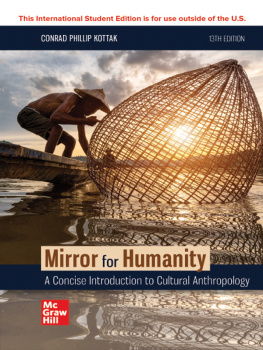
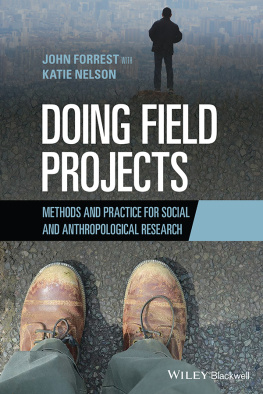
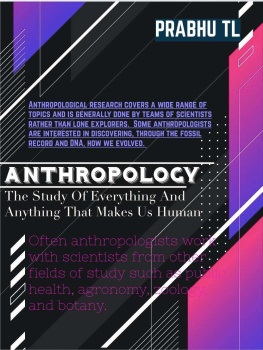
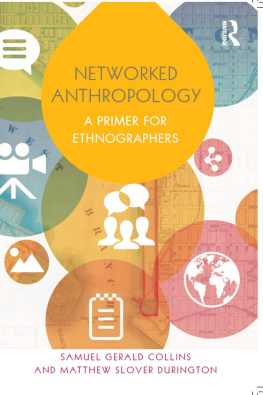

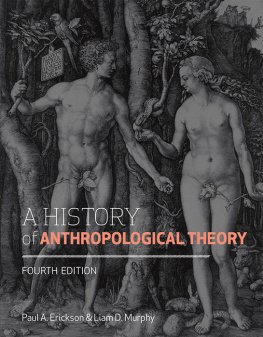
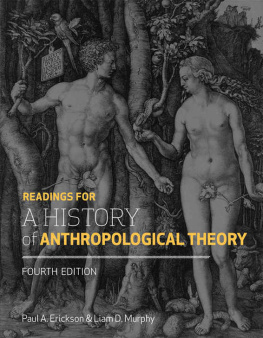
 This paper meets the requirements of ANSI/NISO Z39.481992 (Permanence of Paper).
This paper meets the requirements of ANSI/NISO Z39.481992 (Permanence of Paper).